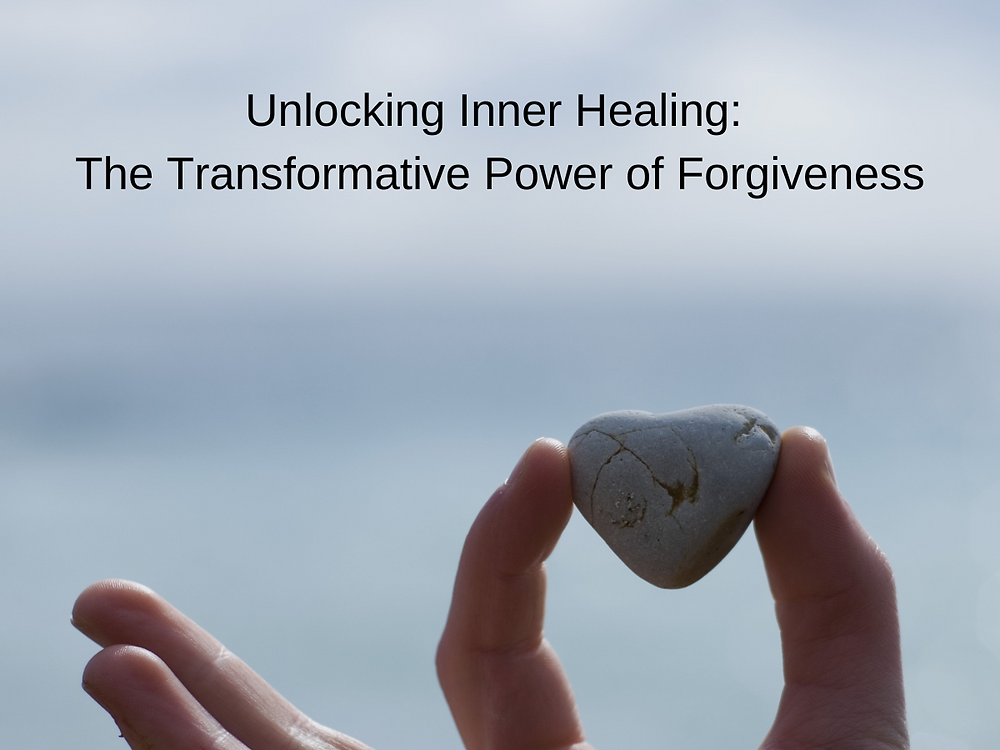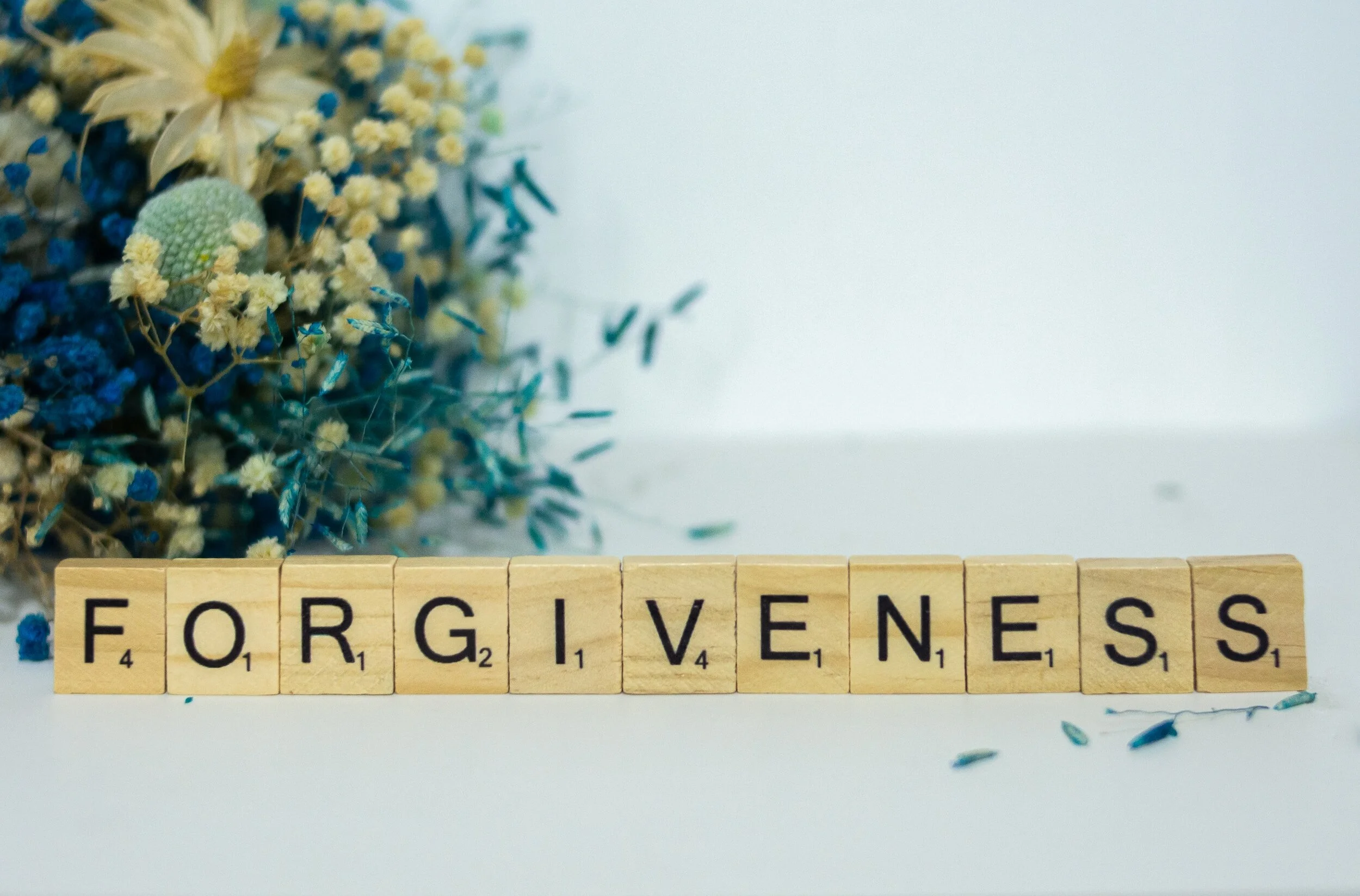Introduction
Forgiveness is not a weakness. It is a powerful path to emotional freedom and spiritual healing. When we forgive, we release pain, anger, and resentment. We open our hearts to peace and personal growth.
In India, forgiveness has deep roots in spiritual traditions. Whether it is kshama in Hinduism or Kshamavani in Jainism, letting go of hurt is seen as a step toward purity and moksha (liberation). Today, modern psychology also supports this ancient wisdom. It shows that forgiving others—and ourselves—can bring better mental health, reduced stress, and improved well-being.
What Is Forgiveness in Spiritual Terms?
Forgiveness means letting go of anger, grudges, and blame. It doesn’t mean you approve of the wrong done to you. It means you choose peace over pain. It allows you to move forward with clarity and strength.
Spiritual forgiveness is not just an emotional act. It’s a decision to free your soul from emotional chains. Whether you are forgiving someone else or practicing self-forgiveness, the goal is the same—emotional healing and spiritual growth.

Why Forgiveness Matters for Your Healing
1. Emotional Healing
When we hold on to anger, it keeps the pain alive. Forgiveness allows the emotional wounds to heal. You stop replaying the past in your mind. This brings mental relief and inner calm.
2. Mental and Physical Health
Scientific studies show that forgiveness lowers stress levels, reduces anxiety, improves sleep, and even supports heart health. People who forgive are more relaxed and emotionally stable.
3. Self-Forgiveness Builds Confidence
Blaming yourself for past mistakes leads to guilt and low self-esteem. When you forgive yourself, you make space for growth, learning, and acceptance.
4. Improved Relationships
Forgiveness helps restore trust and respect in relationships. It allows people to reconnect and communicate better. Whether it’s a family member or friend, forgiveness can rebuild broken bonds.
5. Spiritual Awakening and Inner Peace
Forgiveness brings spiritual balance. You feel lighter, more compassionate, and connected to your higher self. It helps you align with universal values like love, empathy, and kindness.
Also Read Unlocking Inner Growth: Shadow Work and How to Begin Your Healing Journey
Forgiveness in Indian Culture and Spirituality
Hinduism and the Power of Kshama
In Hindu philosophy, kshama (forgiveness) is one of the most important virtues. It is mentioned in sacred texts like the Bhagavad Gita and the Mahabharata. Saints and sages often spoke of forgiveness as a sign of inner strength and self-control.
Jainism and Kshamavani
In Jainism, forgiveness is celebrated during the festival of Kshamavani. People ask for forgiveness from all beings—humans, animals, even insects. It is a ritual that cleanses karma and purifies the soul.
Buddhism and Compassion
Buddhism teaches metta (loving-kindness) and karuna (compassion). Forgiveness is part of this path. It helps break the cycle of suffering and allows the mind to find peace.
A Step-by-Step Guide to Practicing Forgiveness
Step 1: Recognise the Pain
Accept that you are hurt. Denying your emotions blocks healing. Allow yourself to feel the pain without judgment.
Step 2: Reflect on the Impact
Ask yourself: How is this grudge affecting my health, mind, and daily life? Realising the emotional cost helps motivate change.
Step 3: Develop Empathy
Try to see the situation from the other person’s view. Understanding doesn’t mean agreeing. It means you accept they are human too, with flaws and fears.
Step 4: Write It Out
Journaling is a powerful tool. Write a letter to the person you want to forgive (you don’t have to send it). Express all your emotions—anger, sadness, disappointment—and then let it go.
Step 5: Forgive Yourself
Many people carry guilt and regret for years. Say to yourself: “I did the best I could at that time.” Self-forgiveness leads to self-love and growth.
Step 6: Set Healthy Boundaries
Forgiving does not mean you must allow toxic people back into your life. Forgive, but protect your peace. Healthy boundaries are part of healing.
Step 7: Practice Daily Release
Make forgiveness a daily habit. Before sleeping, reflect on who or what you need to let go of. Say: “I release this pain. I choose peace.”
How Forgiveness Helps the Indian Audience Specifically
- In Indian families, emotional pain often stays hidden due to social expectations. Forgiveness can break these emotional patterns.
- Traditional Indian practices like yoga, meditation, and chanting support forgiveness by calming the nervous system.
- Forgiving elders or relatives (even silently) brings emotional freedom in culturally complex family setups.
- For women especially, who are often taught to suppress their voice, self-forgiveness becomes a path to reclaim power and identity.
- Forgiveness aligns beautifully with Indian spiritual values like ahimsa (non-violence), dharma (duty), and karma (conscious action).
Common Myths About Forgiveness
- “Forgiving means I’m weak.”
No. It takes strength and courage to forgive. - “If I forgive, they win.”
Forgiveness is not about others. It’s about your peace and healing. - “I can’t forgive unless they say sorry.”
Forgiveness doesn’t depend on others. It is your choice. - “I can forgive others, but not myself.”
Self-forgiveness is just as important. You deserve peace too.
FAQs
Q1: How long does it take to forgive someone?
There’s no fixed timeline. It can take days, months, or even years. Go at your own pace.
Q2: Can I forgive someone who is no longer in my life?
Yes. Forgiveness happens inside you. You can release pain without their presence.
Q3: What if I forgive, but the pain returns?
That’s normal. Forgiveness is a process. Repeat the practice gently whenever needed.
Q4: Is forgiveness part of therapy?
Yes. Many therapists use forgiveness techniques to help people heal trauma and emotional wounds.
Q5: How do I forgive myself?
Start by accepting your past. Then, learn from it. Speak kindly to yourself and treat your growth as a journey.
Conclusion
Forgiveness is a gift you give to yourself. It frees your heart from the chains of the past. It helps you sleep better, smile more, and love deeper. Whether you are healing from hurt caused by others or trying to make peace with your own mistakes, forgiveness is a sacred step.
In India, where spiritual paths are deeply respected, forgiveness connects with ancient wisdom and modern science. It offers a way to live with grace, dignity, and deep inner peace.
Choose to forgive. Choose to heal. Choose freedom from within.










